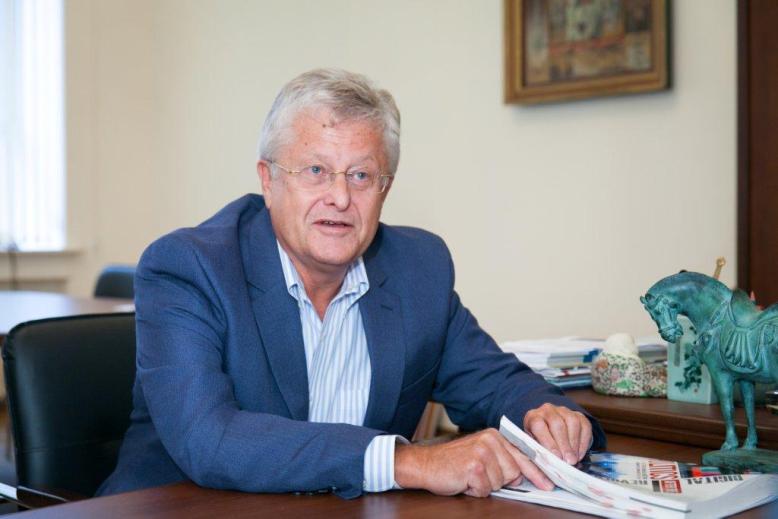HSE’s Institute of Education hosted a visit by University of Arizona Professor Emeritus David Berliner. In an interview with the Institute, Professor Berliner discussed problems of schooling in the U.S. and Russia, possible ways of evaluating the work of instructors, and also how the results of international educational research should be factored into decision-making.
News
The summer time was very fruitful and the HSE moved forward on a number of fronts from launching new international laboratories, remarkable number of newly hired international faculty to the structural transformation of the university departments. The September issue of the English bulletin The HSE LooK gives an overview of some important changes and new projects taking place at the HSE in the new academic year.
Ekaterina Mikhailova, postgraduate student at the Department for Spatial Development and Regional Studies in the School of Public Administration at HSE’s Social Sciences Faculty, received a scholarship from the EU international academic mobility project Triple I (Integration, Interaction, and Institutions).

In the annual QS World University Rankings published on September 16, the Higher School of Economics maintained its overall position in the 501-550 group, while placing 232nd in the ‘Management and Social Sciences’ category.
From the 5-9 August the Fourth Global International Studies Conference organised by the World International Studies Committee took place in Frankfurt. The dean of the the HSE Social Studies Faculty, Andrei Melville, spoke in his capacity as Chairman of the Programme Committee.
Dr. Dina Balalaeva, who will begin a tenure-track position at the Faculty of Social Sciences at the HSE in September, recently completed a postdoctoral fellowship at the HSE. She received her PhD in Political Science at the State University of New York at Binghamton in 2013. She agreed to speak with the HSE news service about her decision to make her career at the HSE and her plans for future research and teaching.
An article by Andrei Melville, Denis Stukal and Mikhail Mironyuk ‘King of the Mountain’, or Why Postcommunist Autocracies Have Bad Institutions’ was published in the U.S. journal Russian Politics and Law (vol. 52, no. 2, March-April 2014, pp. 7-29).
Sociologists have developed a variety of theories and empirical research on social movements that are closely connected with democracy. Why do people join and stay in social movements? What happens to them when participants achieve their goals? Benjamin Lind, Assistant Professor at the Faculty of Sociology and author of the course 'History of Social Movements', explained what makes the subject relevant nowadays and shared his own experience with social movements in an interview for the HSE news service.

